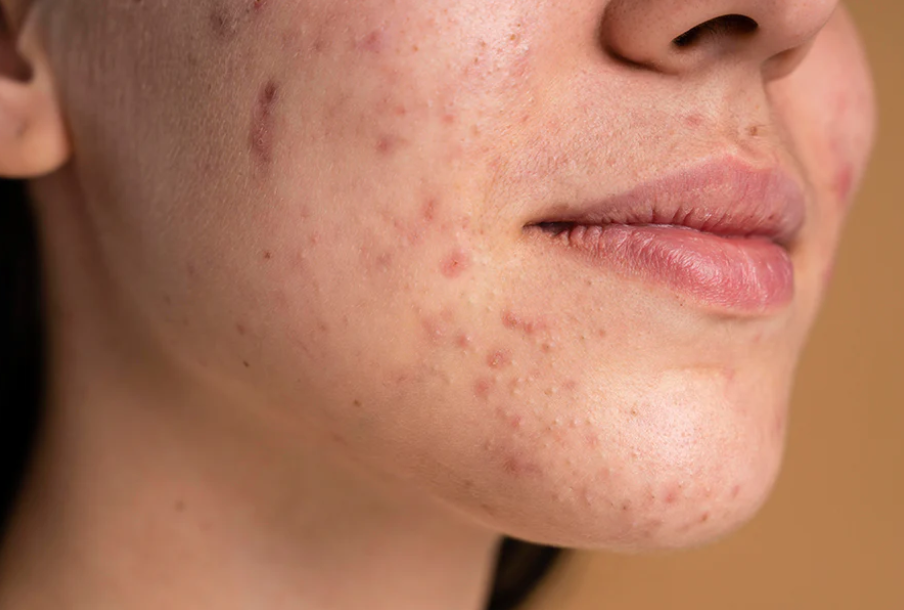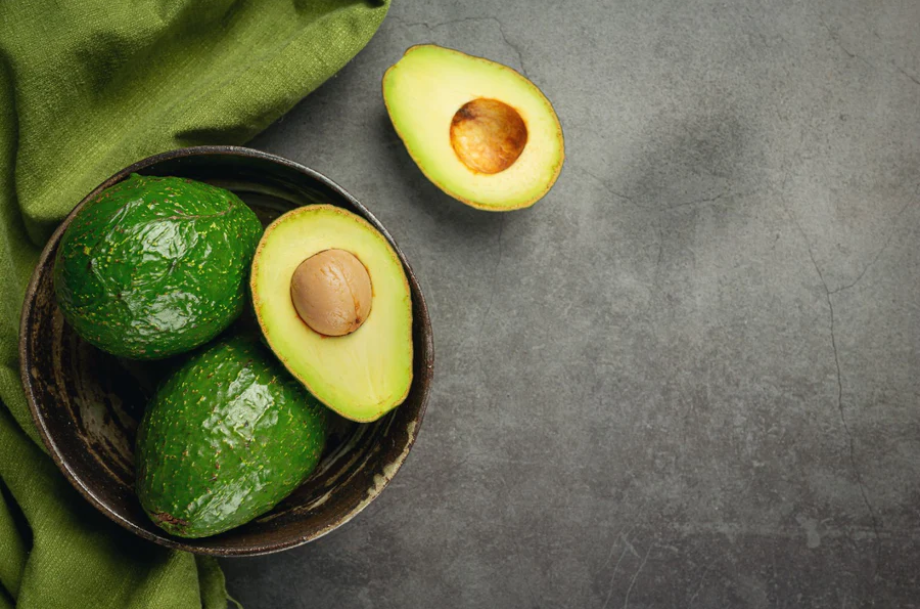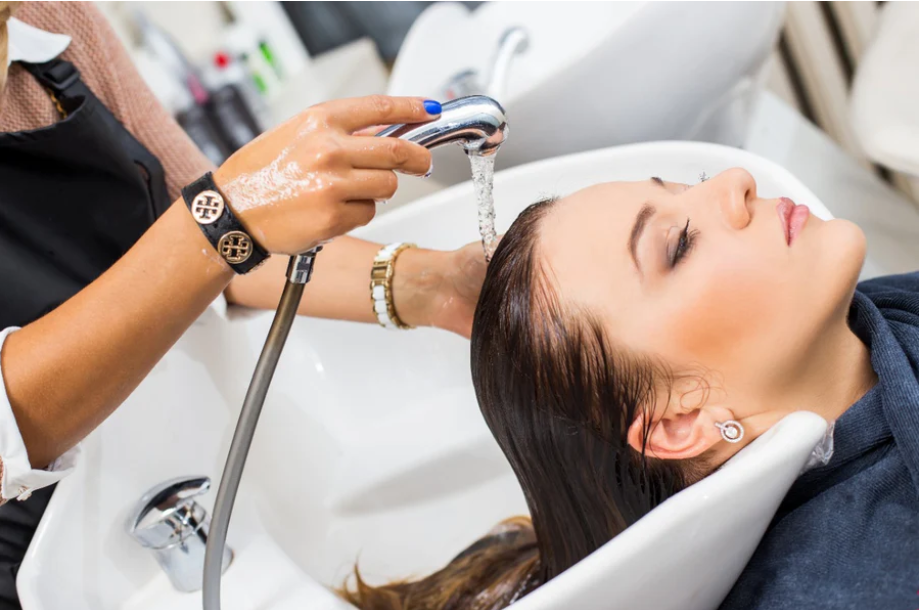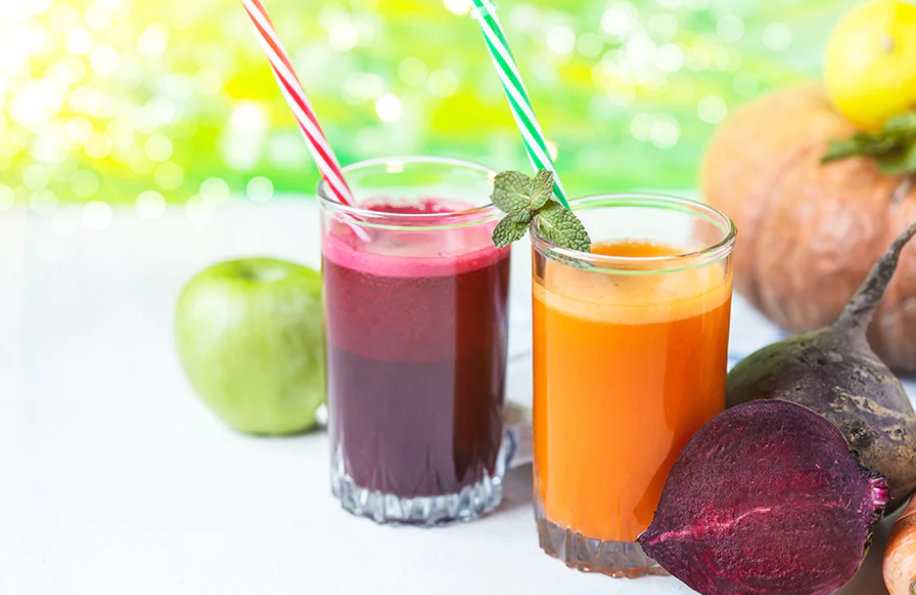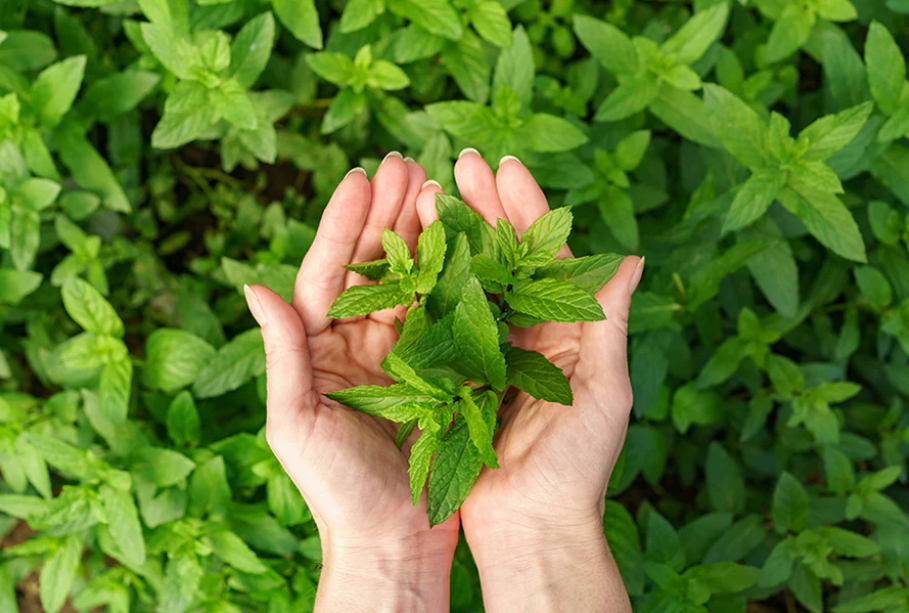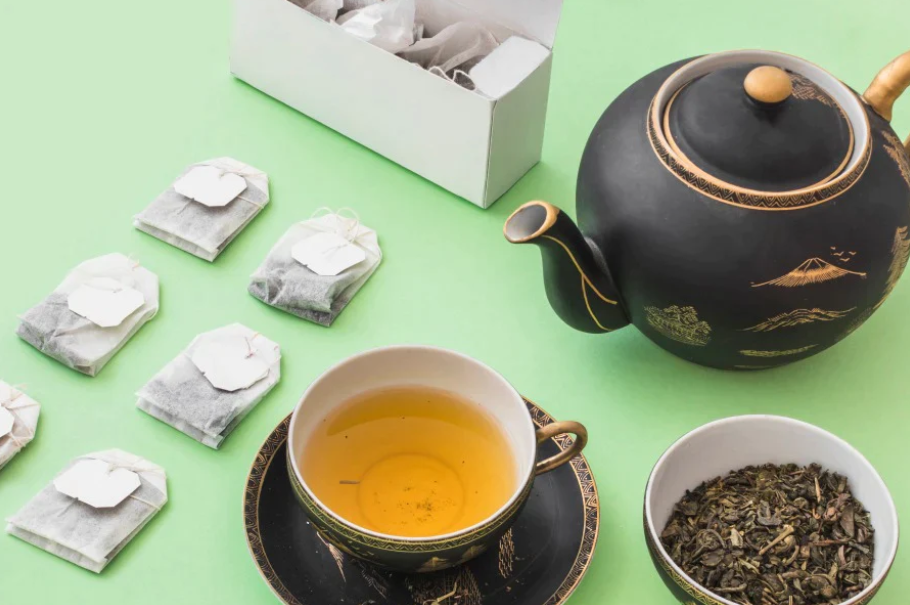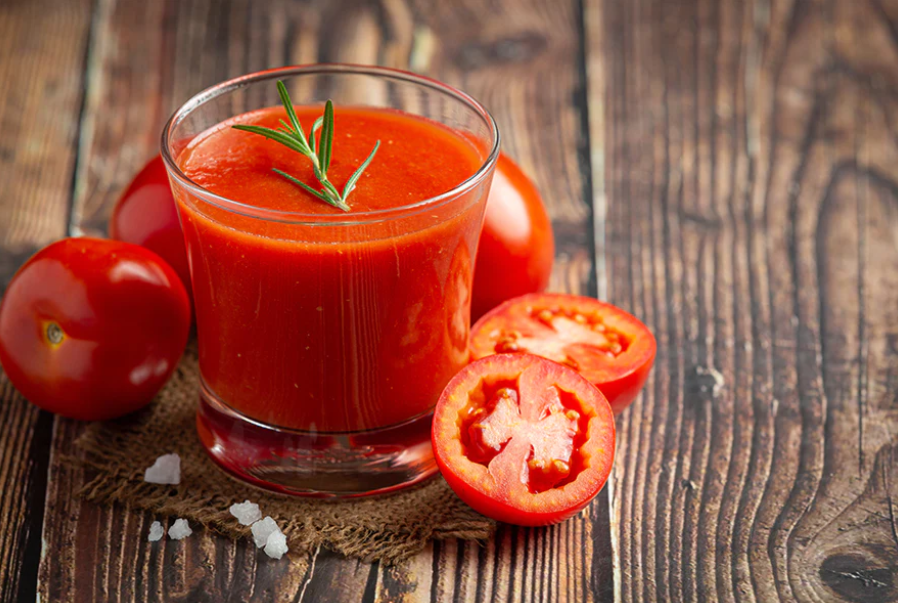You are what your body eats. This is an old nutritional saying. Does this apply to your skin? What can your diet do to the appearance of sunspots and melasma? These concerns are common among people suffering from hyperpigmentation. We believe in understanding the scientific basis of many popular skincare tips as skincare experts. This is a brief overview of the scientific basis for understanding the relationship between nutrition and skin health.
Here are some foods that can help treat skin pigmentation. They will leave your skin looking radiant and healthy.
Pomegranate helps to reduce pigmentation:
The superfood pomegranate can be used to treat skin pigmentation. It’s high in polyphenols that protect skin from sun damage. It also has anti-oxidant properties that help with tension relief.
Papaya decreases pigmentation:
Including papaya in your diet may progressively reduce melanin synthesis in your skin. It contains Papain, which is an enzyme that exfoliates well.
Vegetables that help with pigmentation:
Skin pigmentation is improved by eating green vegetables like spinach and broccoli. It is rich in carotenoids that protect the skin against UV radiation and reduce oxidative tension.
Carrot helps to reduce pigmentation
Can Carrot lighten skin? Yes! Yes!
3 reasons for pigmentation of the face
Sun Exposure:
Sun exposure is the most common cause of skin pigmentation. Hyperpigmentation may result from prolonged exposure to the sun .
Exccess Melanin Production :
Melanin is a pigment produced by melanocytes, skin cells that are responsible for the colour of skin.
Medical Conditions:
An underlying condition such as Addison’s disease could cause pigmentation. Addison’s disease, which is characterized by an excess of melanin synthesis in the adrenal glands, is a condition.
Additionally, hormonal disorders and certain medications can cause skin to darken.
5 Foods to darken skin
Avoid foods that cause inflammation or disrupt hormone levels, and imbalances in your body.
Dairy product
Dairy contains synthetic hormones and can be inflammatory.
Synthetic hormones are often found in milk and other dairy products. They have been passed down from milked cattle. These hormones can be absorbed by the body and could alter or impact your hormonal levels.
Soy
Soy products contain phytoestrogen. This is a hormone that mimics estrogen. It might cause your hormone levels to fluctuate.
Sugar
Sugar is high in glycemic and can cause hyperpigmentation. It also causes collagen to be degraded, which leads to accelerated ageing. It is recommended that you avoid sugar whenever possible.
Delicious and spicy fried meals
Fried and spicy foods can cause hyperpigmentation.
Caffeinated beverages
Another reason for hormonal abnormalities is caffeine. It can increase cortisol and affect estrogen levels. Limiting caffeinated drinks throughout the day is recommended for skin that is susceptible to hyperpigmentation.
4 The Best Fruits for Hyperpigmentation
Lemons
There are natural bleaching agents such as lemons. They are rich in vitamin C, an anti-oxidant that helps to remove pollutants and protects against hyperpigmentation. Lemon may be a good choice for brightening your skin if you have uneven or darkened skin , scarring, or keratinization.
Papaya
Papayas contain vitamins A, C,B, pantothenic, folate, and minerals such as copper, potassium and magnesium. They also contain enzymes with antibacterial and antifungal properties such as papain and chymopapain that aid in the prevention of skin damage from free radicals.
Orange
Oranges are sweet, juicy, and pulpy. They smell and look delicious. This fruit may also be good for the skin. Both lemons and oranges contain high levels of vitamin C. 100g of oranges provides 54 mg of this anti-oxidant. The antioxidant properties of oranges can reduce inflammation, prevent DNA damage and oxidative damage, promote collagen formation, and photodamage .
Pomegranate
pomegranates are rich in minerals such as calcium, magnesium and phosphorus. The edible seeds, membrane, and peel of the fruit are rich in antioxidants called ellagic Acid which help protect skin from UV-A, UV-B, and skin pigmentation.
The best treatment to pigmentation on the skin
Saturn products are the best for treating pigmentation of the face:
Anti Deep Pigmentation Combo
This kit includes Face Wash, Face Toner and Collagen Powder.
Benefits:
- Foaming facial wash: This removes dirt, oil and makeup while leaving your skin feeling soft and smooth. It is formulated with aloe vera and tea tree oil, lemon peel, orange peel, menthol, and tea tree oil. This soap-free formula will leave you feeling clean and super fresh.
- Face Toner: This skin-loving active, the niacinamide toner, is packed with skin-loving actives such as PHA, Niacinamide and amino acids. These all work together to give your skin a radiant and youthful appearance.
- Collage powder: This natural plant-based collagen nutrition gives you a youthful glow and plumps up wrinkles and fine lines.
- Saturn Biotin Gummies: These Saturn biotin gums are rich in iodine and zinc. They give your skin the nutrients it needs to glow.
- The Alpha Arbutin Serum brightens and revitalizes the skin. It improves skin tone, sun spots, and acne scarring.
- Guasha and jade Roller: Use these facial tools to de-puff and shape your face naturally.
Take Away
Skin pigmentation can take time to fade. If you eat a healthy diet, your skin will begin to fade.
You can focus on foods that are harmful to your health and learn tips for healthy eating. These foods are easy to find and can be found in most homes. It is worth the wait, even though it may take some time.
FAQs
1. What deficiency causes pigmentation of the face?
Vitamin B12 deficiencies can cause pigmentation of the skin.
2. Does pigmentation go away?
Yes. A spot that is just a few shades darker than your normal skin will usually disappear within 6-12 months.
3. What can I drink to prevent pigmentation?
Drinks that reduce pigmentation include milk, buttermilk, and green tea.
References:
- Pomegranates, raw Nutrition Facts & Calories – Nutrition data
- Concepcion Sanchez Moreno, M Pilar Cano. Begona De Ancos. Lucia Plaza. Begona Olmedilla. Fernando Granado. Sep 2003. Effects of orange juice consumption on vitamin C concentrations in humans and biomarkers for anti-oxidant status
- Pumori Saokar Telang, Apr – Jun 2013, Vitamin C in dermatology

